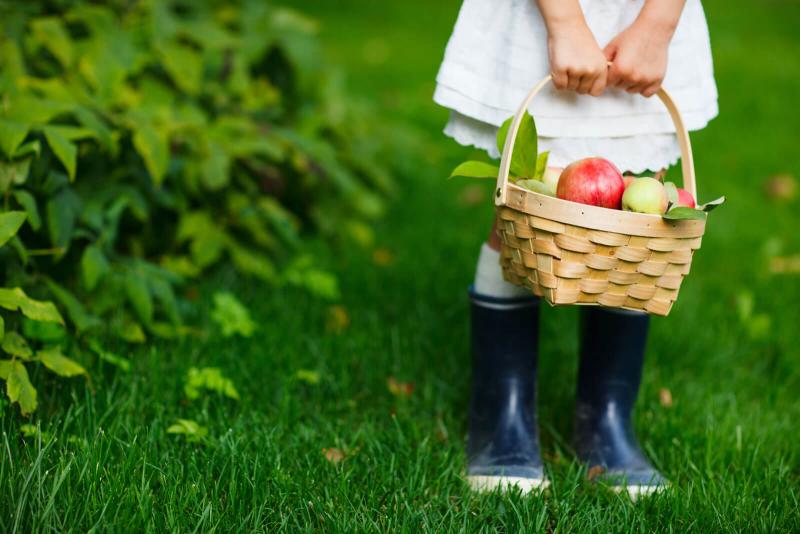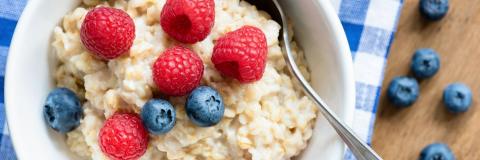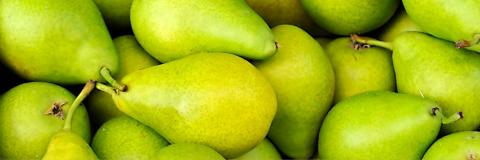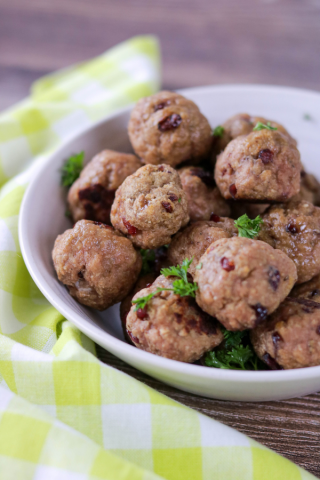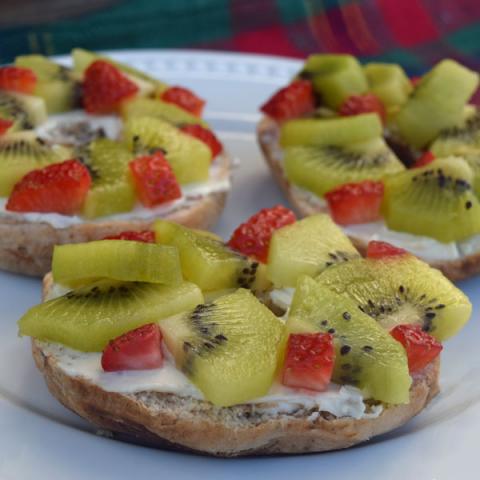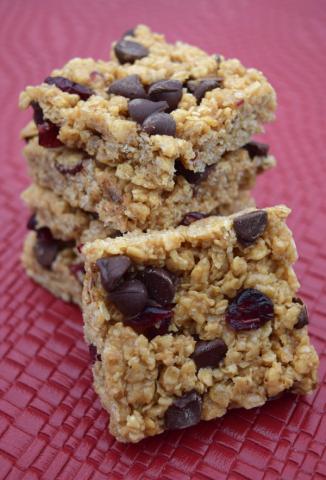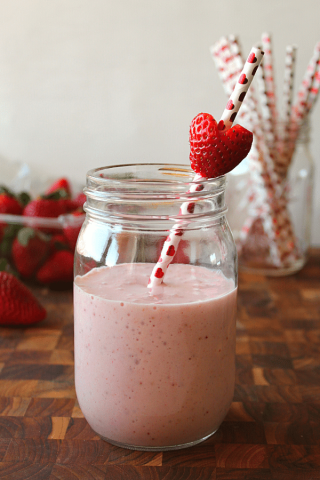
Research shows that both older adults and children benefit from time spent together. If a child does not have a relationship with a safe older person, volunteering at a nearby retirement village or nursing home or taking part in an intergenerational program can give chances for "ongoing exchanges of resources and learning among older and younger generations."
Studies have shown that such activities increase adults' self-esteem, improve well-being, increase social contact, decrease distress, and gratification for their contribution to the community, while children develop positive attitudes towards the elderly, and understanding of the aging process.
Activities with food, or sharing food traditions are a way for elders to pass along essential skills to the next generation, including young children. A family food tradition might be rising before the sun and making frybread or tamales together for hundreds of others, or simply eating a special food or beverage together over conversation. Food connects us, and its preparation and consumption are activities that can bridge members of multiple generations.
Below is a recipe for Pfeffernusse, or German for "pepper nuts" belonging to the author's grandmother. Pfeffernusse was her childhood favorite and Laura is enjoying sharing the recipe with her children. The gingerbread-spiced dough is easy for children to form into bite-sized nuggets for baking and rolling in powdered sugar. Like a fun-sized gingerbread biscotti, these treats are easy for young children to munch on, or for grown children to eat with after-meal coffee or tea.
Pfeffernusse (Pepper Nuts)
- 1 cup light corn syrup

- ¾ cup molasses
- ½ cup shortening
- ½ cup butter
- 1 cup sugar
- 2 eggs
- ½ teaspoon cloves
- ½ teaspoon allspice
- ½ teaspoon cinnamon
- ¼ teaspoon nutmeg
- 1 teaspoon anise extract
- 2 cups black walnuts, chopped fine
- 1 ½ teaspoon baking soda
- 2 Tablespoons sour cream
- 7 cups flour
- ¾ teaspoon salt
- Wash hands with soap and water. Combine syrup and molasses; bring to a boil. Allow to cool. Cream shortening, butter and sugar thoroughly; mix into cooled syrup. Beat in eggs one at a time, beating after each. Wash hands with soap and water after cracking each raw egg. Mix in spices, anise extract and nuts. Dissolve soda in sour cream and blend into mixture.
- Sift flour and salt; add to mixture; mix well. Chill. Roll into thin ropes of dough and cut into pieces. Wash hands with soap and water after touching raw dough. Bake at 325 degrees F for 12-15 minutes or until golden brown.
Makes approximately 30 dozen bite-sized cookies. Each cookie contains 25 calories, 1.0 g fat, .3 g saturated fat, 1.8 mg cholesterol, 13.5 mg sodium, 3.8 g carbohydrate, 1.8 g sugars and .1 g fiber.
Sources:
Gualano, M., Voglino, G., Bert, F., Thomas, R., Camussi, E., & Siliquini, R. (2017). The impact of intergenerational programs on children and older adults: A review. International Psychogeriatrics, 1-18. doi:10.1017/S104161021700182X
Morita K., Kobayashi M. (2013). Interactive programs with preschool children bring smiles and conversation to older adults: time-sampling study. BMC Geriatr., 13:111. doi: 10.1186/1471-2318-13-111
This newsletter has been peer-reviewed and was originally written by Laura DeWitt.
Feedback Form
Feedback Form
If you do not see the article, please scroll up the page.
